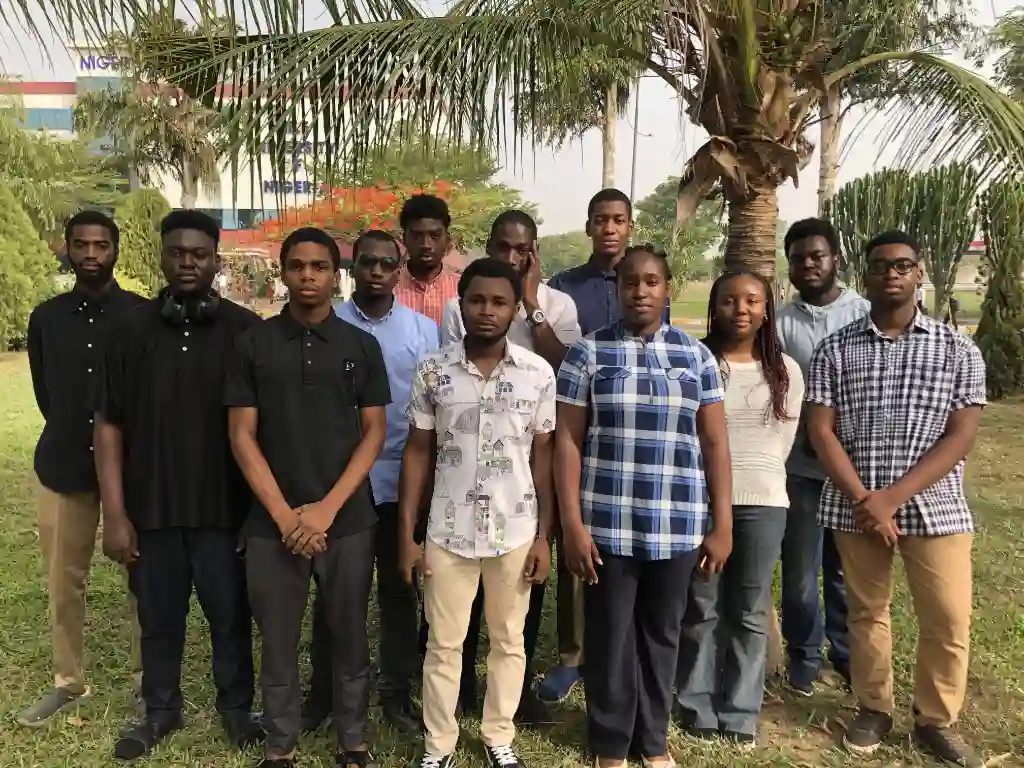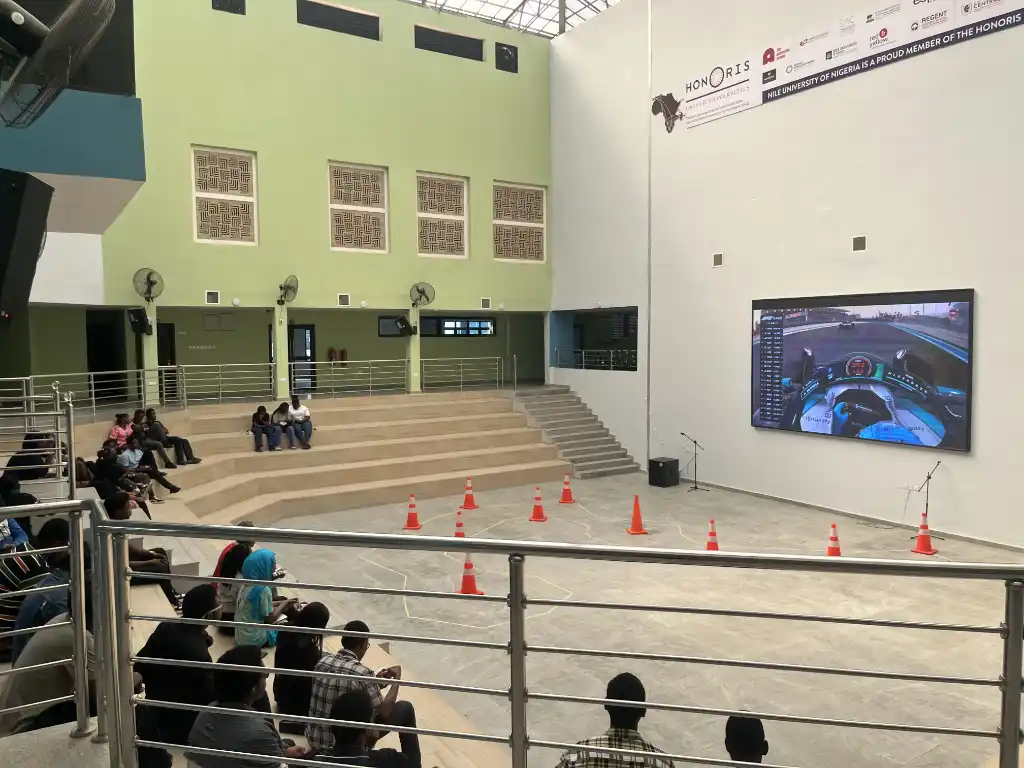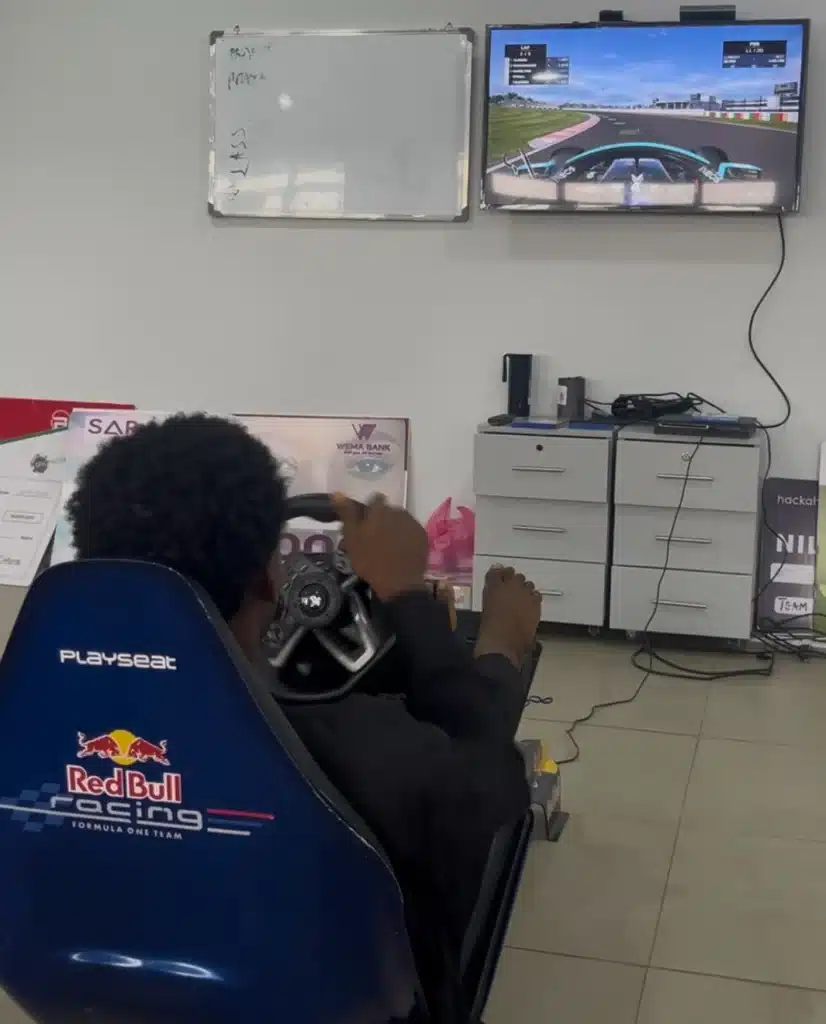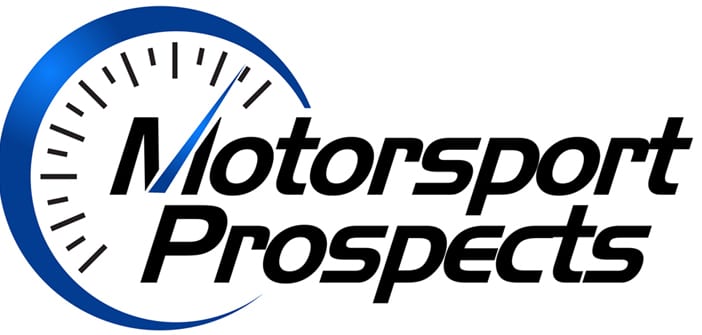
The Nile University of Nigeria Motorsport Club aims to promote motorsport in Nigeria and in this interview, founder Abdul-Samad Lawal explains how. He discusses the goals for the club, their plans for sim racing and their mission to encourage and develop motorsport in Nigeria.
Motorsport Prospects: What is the status of the club?
Abdul-Samad Lawal: The Nile University of Nigeria (NUN) Motorsports Club has officially been approved as a cluster under the Games Club, with full autonomy to run its activities. This milestone comes after nearly two years of overcoming significant hurdles, primarily due to concerns that “motorsports” sounds dangerous. The university management associates motorsports with reckless street driving, which has tragically claimed the lives of many young individuals. However, the club consistently communicated its mission to advocate against reckless driving and promote motorsports as a safe, organized, and educational activity. We currently have about 100 members and we are planning a watch party for the F1 Finale- Abu Dhabi’24
Why do you think Nigeria is a place to build support for motorsport?
Nigeria holds immense potential for building a vibrant motorsports community. Many individuals across the country have a natural “need for speed” but lack proper avenues to channel their adrenaline, often resorting to unsafe street activities. With a large and vibrant population, Nigeria also boasts a passionate fanbase. When well-known celebrities endorse an event, it almost guarantees a massive turnout, especially for something as thrilling as motorsports. Unfortunately, a significant barrier remains the perception among the older generation that motorsports is “not part of our culture,” limiting its acceptance and growth.

With the increasing popularity of F1, do you think single-seaters has a viable future in Nigeria and Africa as a whole or is rallying more suitable?
Nigeria is currently not prepared for single-seater racing due to the significant financial and infrastructural requirements involved. As a developing country struggling to provide basic amenities, the idea of investing billions in building and maintaining racetracks seems impractical. Many states lack adequate motorable roads, leading to insecurity, loss of lives, and reduced agricultural productivity. Moreover, with a large portion of the population unable to afford such forms of entertainment, motorsports may not gain sufficient traction or audience support.
Countries like South Africa, Morocco, Kenya, and Rwanda are better positioned for single-seater racing, with South Africa leading the pack. These nations have stronger infrastructure and a history of supporting motorsport activities.
For Nigeria, rallying is a more realistic option. Rally tracks are less expensive to construct and maintain, making them more viable. Additionally, rallying dynamic nature could captivate new fans and grow motorsport culture in the country. While Nigeria has vast untapped land for potential circuits, challenges like attendance, venue security, maintenance, and national priorities make single-seaters a long-term ambition—perhaps achievable in 20 years. For now, focusing on accessible motorsport formats is the way forward.
Also, superbikes are more popular in Nigeria, it’s less expensive for enthusiasts, and there are quite a number of superbike clubs across the country. They meet up regularly and ride interstate sometimes. So that could also be one way of growing Motorsports in Nigeria.

What is the status of sim racing in Nigeria? Do you see it as a viable entry point for Nigerians wanting to get involved in motorsport?
Sim racing is currently not widespread in Nigeria, primarily because only a small fraction of the population can afford personal setups. However, it holds immense potential to thrive once electricity distribution across the country improves. Reliable and adequate electricity would not only enhance productivity for local businesses but also boost the economy, eventually making sim racing equipment more affordable for the average Nigerian.
Interestingly, some individuals who can afford sim rigs are already using them to learn drifting, demonstrating how sim racing can serve as a gateway to motorsports. It is by far the most practical and cost-effective way to build traction for the sport in Nigeria, as it provides an accessible and safe platform for enthusiasts to engage with motorsports. By addressing the foundational issue of electricity, sim racing could emerge as a major stepping stone for developing motorsports culture in the country.
What kind of grassroots racing is there in Nigeria?
Ondo State features a local track that hosts annual events, while Benin is known for its own motorsport events. In Ogun State, X-Kart Racing organizes rally events, providing a unique platform for motorsport enthusiasts. In the Federal Capital Territory (FCT), the Automobile and Touring Club of Nigeria (ATCN), licensed by the FIA, serves as a central hub for motorsport. It hosts various events while promoting international standards within the country. Additionally, drifters like “Jaybash” and “Captain Awwal” have gained popularity, contributing to the sport’s visibility and appeal.
However, the most promising grassroots development platforms for motorsports in Nigeria appear to be X-Karts and ATCN. These organizations provide accessible and structured pathways for young talent and enthusiasts to engage with the sport, paving the way for broader participation and acceptance.
What is your goal with NUN?
My goal is to see Nigeria prominently represented on the global motorsports map. By establishing NUN Motorsports, I am laying the foundation to nurture young minds and inspire a passion for motorsports. This initiative is more than just a school club; it is the starting point for an organization that I envision will elevate Nigeria through motorsports, creating opportunities, fostering talent, and ultimately driving national development in innovative ways.
Ways to Connect with the Nile University of Nigeria Motorsport Club
Abdul-Samad Lawal LinkedIn:
The Club’s Instagram/ LinkedIn:
The club WhatsApp group:


